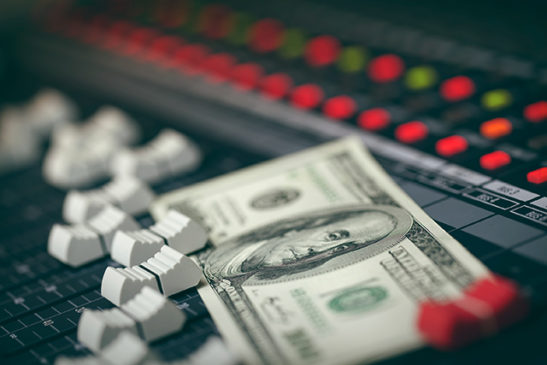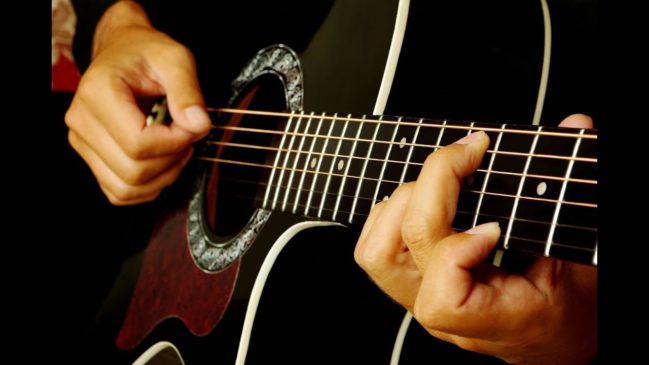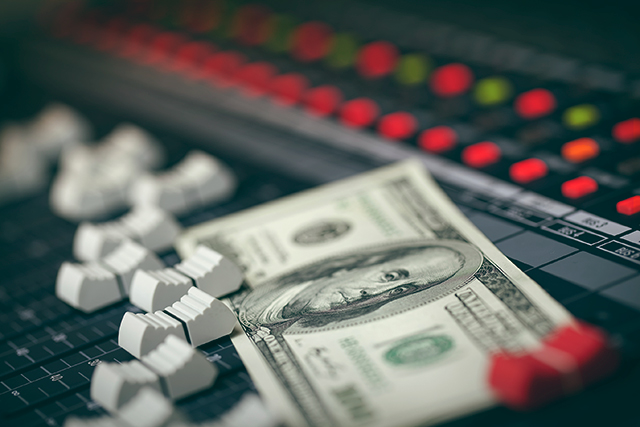
With the increase in the number of independent artists, it’s very important to educate about music licensing, which sometimes gets very complicated. However, if you know what to look for, it doesn’t seem confusing!
Let’s break it down for you:
What is Music Licensing?
Music licensing is the licensed use of copyrighted music. Music licensing is intended to ensure that the owners of copyrights on musical works are compensated for certain uses of their work. A purchaser has limited rights to use the work without a separate agreement. In a nutshell, you need to pay for a popular song that everyone knows to get embedded in a TV commercial or a popular movie.
When you listen to music on the radio, that music is licensed. When you hear music in a restaurant, that music is licensed too!
Basic license dictates:
Limited Term Licenses set a specific period of time during which the work can be used.
Just like art, Royalties are paid based on one sale or use of the work and do not stretch across a time period.
What all things can be copyrighted in a song:
- Actual sounds themselves — the performance of the work.
- Notes that the musicians play to create the song
- Lyrics for the song
Various types of music rights:
Public Performance License
Broadcast Music Inc (BMI) issues licenses on behalf of the copyright owner or his agent granting the right to perform the work in, or transmit the work to, the public. They can also give permission for that public performance to be broadcast to the public via television, radio, etc.
Reproduction Right
The exclusive right of the copyright owner, granted by the Copyright Act, to authorize the reproduction of a musical work as in a record, cassette or CD.
Mechanical License:
Licenses are generally held by music distribution companies, because these companies need to mechanically reproduce a recording for sale (manufacture of CDs for retailers).

Synchronization License:
Music publishers issue licenses as copyright owner or his agent, usually to a producer, granting the right to synchronize the musical composition in timed relation with audio-visual images on film or videotape. The rights to the music typically belong to the publishing house that represents the owner. The copyright is divided into two parts:
- Master sound recording: This is the actual studio recording and is usually owned by a record label.
- Composition: This is the music notes, lyrics, and melody written by the composer and songwriter, usually owned by the publisher.
Single Use:
Licenses allow the license holder to use the music in one particular way, one time, and for nothing else.
Digital Performance Right:
Sound Exchange along with Record Companies license the exclusive rights on behalf of copyright owners in a sound recording.
What’s New:
Creative Commons:
Creative commons licensing is a special case, mostly used by people working in creative industries who want their creative property to be shared and used, but only in certain ways.
Some common specifications are enlisted below:
- You can use the song for anything except commercial purposes
- You can alter the song and make derivative works such as lyrics
- You may not alter the song at all
- Creative commons licenses will also specify how the original author must be credited.
Is music on YouTube illegal?
YouTube has a built-in feature that can detect what audio track a video contains. It will simultaneously attribute it to the appropriate artist or group. The artist or group determines if the song can be used and how it should be credited. However, if it doesn’t fit the specifications, the music streaming giant will remove the audio from the video.
It is advisable to think before you upload.
Know the value:
Licensing can be a major source of revenue for the independent artists. The owner typically offers the music at a particular fee for one-time use.
However, the fee may vary depending on the following circumstances:
- Prominence of the piece
- How it will be utilized,
- How much of the song will be used in the piece,
- Whether or not the piece will be used in its original form or covered by another artist.
The cost can range from a small fee for a relatively unknown piece to hundreds of thousands of dollars for a well-known song.
Should you license your music?
When you use music for commercial purpose, it’s important that the music is licensed. Using unlicensed music is illegal and can cost you hefty penalties.
Major music licensing deals:
Social networking giant Facebook has signed a licensing agreement with major record label Warner Music. The new partnership will cover the music company’s recorded music and music publishing catalogs for use in social media.
Under the agreement, users of Facebook, Instagram, Messenger and Oculus will be able to upload and share videos containing licensed music in the Warner Music and Warner/Chappell catalogs.
In addition, Facebook has also signed three new music licensing agreements that will let users post songs from artists including Stevie Nicks, Tom Petty and Neil Young.
Reliance Industries Limited signed definitive agreements to combine music-streaming business Saavn, with its own digital music service, JioMusic.
The deal will combine the streaming media expertise of Saavn with the connectivity and digital ecosystem of Jio, to tap a “billion users in India and globally. The combined entity is valued at over USD 1 billion, with JioMusic’s implied valuation pegged at USD 670 million.
Don’t Miss: Art Licensing 101 – Understanding the basics of an artist’s income




[…] its prime music area, Amazon India has signed a licensing content deal with Zee Music Company for the upcoming Amazon Prime Music […]